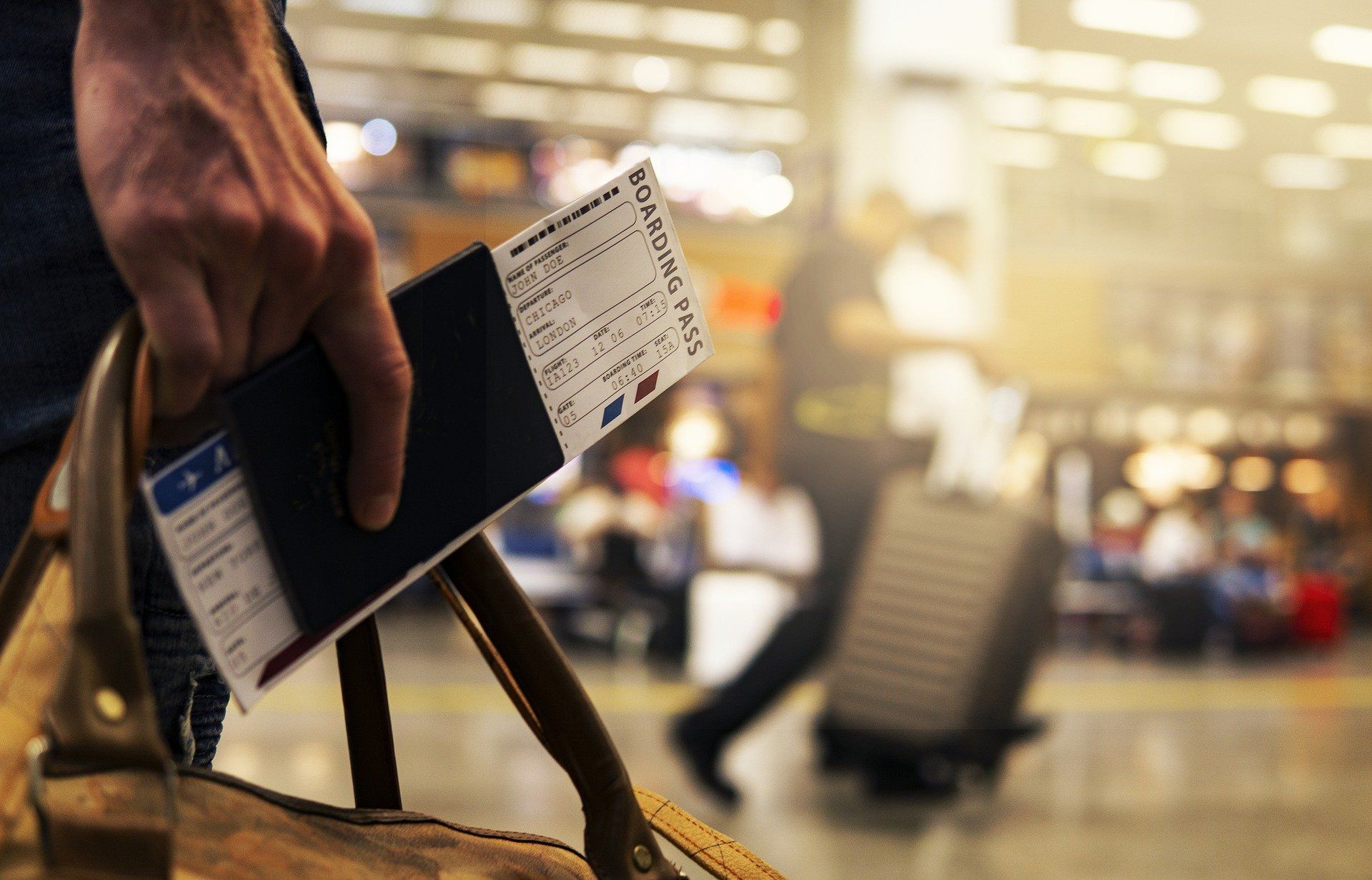Thinking of Moving Abroad? Here’s How To Get Started
Family, career opportunities or simply a change of scenery and culture are among the most common motivators for considering a move to another country. In today’s hyper-connected world, many are also making use of their newfound professional flexibility. After a period of living and traveling abroad while working online, there is sometimes little desire to return home when a tourist visa expires.
While navigating all of the logistics can be daunting, planning ahead with proper research and preparation will make for a much smoother international relocation process.
Consider visa options and routes to residency
First and foremost, it is important to realistically assess whether moving to the desired country is possible. This varies greatly from case to case and depends on factors such as finances, professional qualifications, family ties and more. Although there are dozens of visas available that vary from country to country, below is an overview of some commonly applicable visa categories to look at.
Family-Based Visas
Of course, this option won’t be available to everyone, but it’s generally one of the easiest and most direct ways to get a residency visa abroad.
Depending on the country, visas based on family lineage may be available. For example, if a parent, grandparent or in some cases even great-grandparent was born abroad, other family members may be eligible for a family-based visa in their country of birth. This is particularly helpful for EU countries, as qualifying for residency in one opens the door to many others.
Another common scenario for family-based visas is a romantic relationship. In many cases, couples can qualify via a de facto nonmarital relationship (although in some cases, such as in the United States, marriage is required). For anyone with a foreign partner, it pays to start creating a paper trail early in the relationship. Things like joint leases, bank accounts, etc. are extremely helpful later in the visa process.
Those already working for a multinational company can often take advantage of relocation opportunities and visa support for such positions. This streamlines the entire process.
It is also possible to start from scratch and look for a foreign employer, but it is much easier in highly specialized or in-demand areas. It is always required that an employer can demonstrate that no local labor force is available or qualified for a position before hiring international candidates. Therefore, anyone interested in job placement needs to do some research about the local job market first. Don’t think, however, that job placement is only for rocket scientists and cardiac surgeons; Professions such as nursing and teaching English are also in demand worldwide.
student visas
While student visas are only temporary, these are long-term visas that are valid for the entire duration of the education. For bachelor’s and master’s programs, students can live in the country for several years and are usually even granted permission to work part-time.
Student visas are cheap and easy to get with a certificate of enrollment. The other major advantage is that they can serve as a foot in the door for permanent residence. For example, Australia offers an 18-month graduate visa that is only available to those who have held an Australian student visa in the past six months. A work sponsor can often be found within this time.
Qualified Independent Visas
These visas are the most difficult to obtain as they come with the fewest restrictions as no sponsorship is required. They are also usually the most expensive. Independent visas often use a points-based system; Applicants receive different point values for a variety of merits. This can include education level, occupation, age, language skills and more. Extra credit can be awarded for college degrees completed in the country, which is another reason why a student visa can be a good place to start.
Plan ahead: paperwork and expenses
For anyone who has the slightest inkling that moving abroad might be an option, don’t hesitate to get the paperwork in order. This does not mean the visa application process, but rather the paperwork required to even begin the application. Requirements vary, but the following documents are almost always required:
- proof of identity: Birth certificate and valid passport
- Proof of solvency: Bank statements reflecting required income through employment, investments, or other means.
- Proof of professional qualifications or family ties: official university certificates or handicraft products or marriage certificate and/or identity cards of family members abroad.
- character rating: State background/criminal record check. There are some offenses that will disqualify applicants from obtaining a visa, so everyone must consider their personal circumstances.
It is important to note that all personal documents must first be translated into the mother tongue of the foreign country (by a Swiss certified translator). Documents also require an apostille if the foreign government is a party to the 1961 Hague Convention. Apostilles confirm the authenticity of publicly issued foreign documents that must be obtained in the country of origin.
finance and budgeting
Visa application fees alone often run into thousands of dollars, so it’s important to be prepared. In addition, there are all the costs associated with the actual move. Here are some of the key expenses to keep an eye on:
- transport: Whether you bring a vehicle or buy a new one, there are significant costs involved. Without a car, it is important to consider whether there is sufficient public transport and what this would cost in the long term.
- moving expenses: Shipping all belongings (like furniture and vehicles) in a shipping container versus bringing the minimum and buying new items on board
- healthcare: Make sure you check abroad and if private health insurance is required.
- rent and living expenses: If you work in the local currency, will the wages be high enough to pay the rent? In tourist hotspots, costs tend to be high while wages are low.
Get to know the locals when you move abroad
Last but not least, it is important to think about cultural assimilation. Volunteering is a great way to meet local people and feel a sense of a new place. At least a longer stay (a month or more) before moving is strongly recommended. This way you can better understand what local life is like when Not on vacation and create a daily schedule, budget, etc.
The importance of learning the local language (if it’s not English) cannot be overstated. A sense of community and belonging is what makes a place a real home, and that’s not possible without communication.




